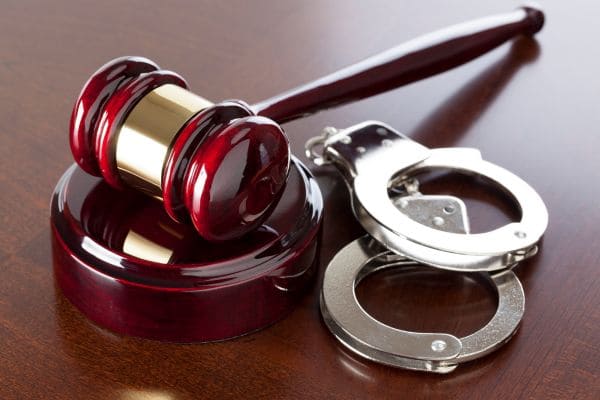
CHILD SEXUAL ABUSE MATERIAL PRODUCTION: LEGAL CLASSIFICATION
Bolivian law harshly penalizes anyone who records, produces, facilitates, or coerces a child or adolescent to participate in the creation of images, videos, or transmissions—real or simulated—that display their genitals or scenes of bodily exhibitionism for sexual purposes.
It is also considered a crime to represent hypersexualized, erotic, or explicitly sexual behaviors, even if no physical contact exists or if the victim appears to consent. The law recognizes the legal and ethical impossibility of minors granting valid consent for such acts. Therefore, an alleged agreement by the victim does not excuse nor reduce the criminal liability of the perpetrator.
PENALTIES FOR PRODUCING CHILD SEXUAL ABUSE MATERIAL
The basic penalty for this crime is imprisonment ranging from 15 to 20 years, without the possibility of reduction due to alleged voluntary acceptance by the victim. However, the punishment may be increased by one-third when aggravating circumstances apply, including the following:
CARNAL ACCESS AND POWER RELATIONSHIPS
- When the recorded material shows vaginal, anal, or oral penetration, either with the body or an object.
- When there is a family relationship with the victim, up to the fourth degree of consanguinity or by adoption.
- When the victim was offered financial compensation or other benefits.
ABUSE OF AUTHORITY OR POSITION
- If the offender is a public servant, indigenous authority, diplomatic or consular staff without immunity, healthcare professional, traditional medicine practitioner, or part of the Plurinational Educational System.
- If the crime is committed by a religious figure, such as a spiritual leader, guide, or authority within a faith-based organization.
SPECIAL CONDITIONS OF THE VICTIM
- If the victim is a person with a disability or belongs to an indigenous community.
- When there are multiple minor victims, thereby increasing the scale and severity of the offense.
These aggravating factors highlight the legal system’s commitment to protecting vulnerable populations and emphasize exemplary punishment for those who misuse positions of trust or authority to commit such acts.
LEGAL PROTECTION OF CHILDREN AGAINST DIGITAL SEXUAL ABUSE
Bolivian law aligns with constitutional principles protecting the best interests of the child, human dignity, and the right to a life free from violence. It is also consistent with international instruments such as the Convention on the Rights of the Child and the Optional Protocol on the Sale of Children, Child Prostitution, and Child Pornography, both ratified by the Bolivian State.
In conclusion, the production of child sexual abuse material is an extremely serious crime under national legislation, carrying severe sanctions that are heightened in cases involving family ties, abuse of power, financial inducements, or vulnerable victims. This criminal offense aims not only to punish offenders but also to deter behaviors that perpetuate child exploitation, including in digital contexts.
Our law firm provides specialized legal services in cybercrime and child and adolescent protection. If you are facing a similar situation or require legal advice, do not hesitate to contact our professional team.
Frequently Asked Questions (FAQs)
What is considered “child sexual abuse material” under the law?
It is defined as any image, video, or transmission—real or simulated—that depicts children or adolescents in sexual contexts, including exhibitionism, explicit acts, or hypersexualized representations.
Can a person be convicted if the minor appeared to consent?
Yes. The law establishes that the consent of a minor has no legal validity in these cases and does not exempt the perpetrator from criminal responsibility.
What if the material was generated without physical contact, only visually?
It is still considered a crime. Physical contact is not required; the mere production or distribution of sexualized visual content involving a minor constitutes a punishable offense.
What aggravating factors can increase the penalty for this crime?
Penalties are increased if the offender has a family relationship with the victim, holds an authority position, offers money or favors, or if the victim has a disability or belongs to an indigenous community, among other factors.
The content of this article does not reflect the technical opinion of Rigoberto Paredes & Associates and should not be considered a substitute for legal advice. The information presented herein corresponds to the date of publication and may be outdated at the time of reading. Rigoberto Paredes & Associates assumes no responsibility for keeping the information in this article up to date, as legal regulations may change over time.



